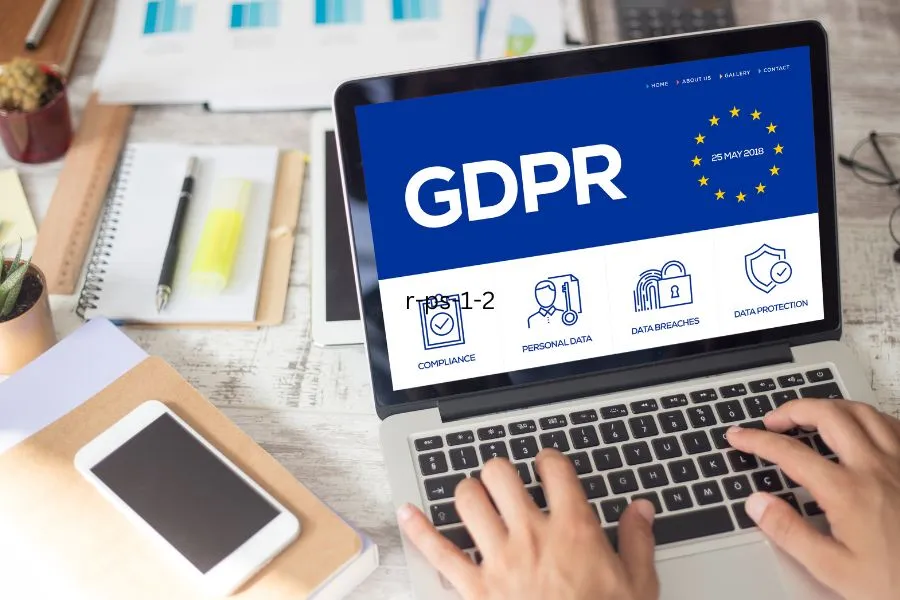Data Privacy Regulations: A Comprehensive Guide
Data privacy is essential to protect in today’s world where everything is within the internet. Due to the growth of internet services and as more information about persons is shared online, governments globally have provided laws that safeguard personal information. These regulations are designed to empower people to manage their personal data and to prevent organisations from misusing data.

Key Data Privacy Regulations Around the World
General Data Protection Regulation (GDPR)
The General Data Protection Regulation, a broad data protection law, was enforced on May 25, 2018. It concerns all companies located in the EU as well as all the companies located outside the EU that target EU citizens or whose services are used by EU citizens. Key aspects of the GDPR include:
- Data subject rights: Personal data subjects have rights to receive information about their data, to modify it, erase it, or request limitation to its further processing.
- Consent: Logically, it is understood that one must provide explicit consent when it comes to the processing of personal data belonging to an organisation.
- Data Protection Officers (DPO): In some cases, the company is obliged to nominate a DPO, who will be responsible for the fulfilment of the data protection strategies.
- Penalties: Non-compliance is punishable depending on the turnover that inflates up to 4% of the global turnover, or €20 million.
California Consumer Privacy Act (CCPA)
You may be wondering what CCPA is, and well, CCPA is a state-wide data privacy law that went into operation on January 1, 2020, regulating how businesses around the globe collect, share, and sell the personal information of California residents. Major provisions include:
- Consumer Rights: The ACLP gives Californians rights to have a mechanism that informs them of the kind of personal data that is being collected, to whom such data is sold or disclosed, and the right to request the collected personal data concerning them and request it to be deleted.
- Opt-Out and Opt-In Rights: Consumers have rights to inclusion or exclusion of their personal data with CA businesses, and children under 16 require opt-in.
- Non-Discrimination: Companies cannot discriminate against consumers who exercise their rights under the CCPA by denying them products and services or varying the prices offered.
Personal Data Protection Act (PDPA) - Singapore
Singapore's PDPA, enforced by the Personal Data Protection Commission (PDPC), governs the collection, use, and disclosure of personal data by private organisations. Key principles include:
- Consent: Organisations must secure consent prior to collecting, using, or disclosing personal data.
- Purpose Limitation: Personal data may only be utilised for purposes that would be deemed reasonable by an ordinary person in the given circumstances.
- Access and Correction: Individuals have the right to access and correct their personal data held by an organisation.
Brazilian General Data Protection Law (LGPD)
The LGPD, effective since August 2020, aligns closely with the GDPR and applies to any business that processes the personal data of Brazilian residents. Important elements include:
- Data Subject Rights: Similar to the GDPR, it grants rights to access, correct, delete, and port data.
- Legal Bases for Processing: Organisations must have a legal basis for processing personal data, such as consent or legitimate interest.
- Data Protection Officer: Organisations must appoint a DPO to ensure compliance with the LGPD.
Best Practices for Compliance
- Data Mapping and Inventory: Maintain an up-to-date inventory of personal data and data flows within the organisation.
- Privacy Policies and Notices: Develop clear and transparent privacy policies and notices that inform individuals about data collection, use, and sharing practices.
- Consent Management: Implement robust mechanisms for obtaining, recording, and managing consent from individuals.
- Data Minimization: Collect and retain only the personal data necessary for the intended purpose.
- Security Measures: Employ appropriate technical and organisational measures to protect personal data against unauthorised access, disclosure, or loss.
- Training and Awareness: Regularly train employees on data privacy principles and organisational policies.
- Incident Response Plan: Establish and maintain a plan for responding to data breaches and other privacy incidents promptly.
Active Events
Transition from Non-Data Science to Data Science Roles
Date: Aug 07, 2025 | 7:00 PM (IST)
7:00 PM (IST) - 8:10 PM (IST)
2753 people have registered
Transforming Development: The AI Edge in Full Stack Innovation
Date: Aug 07, 2025 | 7:00 PM(IST)
7:00 PM(IST) - 8:10 PM(IST)
2811 people have registered
Bootcamps
Data Science Bootcamp
- Duration:4 Months
- Start Date:Aug 09, 2025
Full Stack Software Development Bootcamp
- Duration:4 Months
- Start Date:Aug 09, 2025
